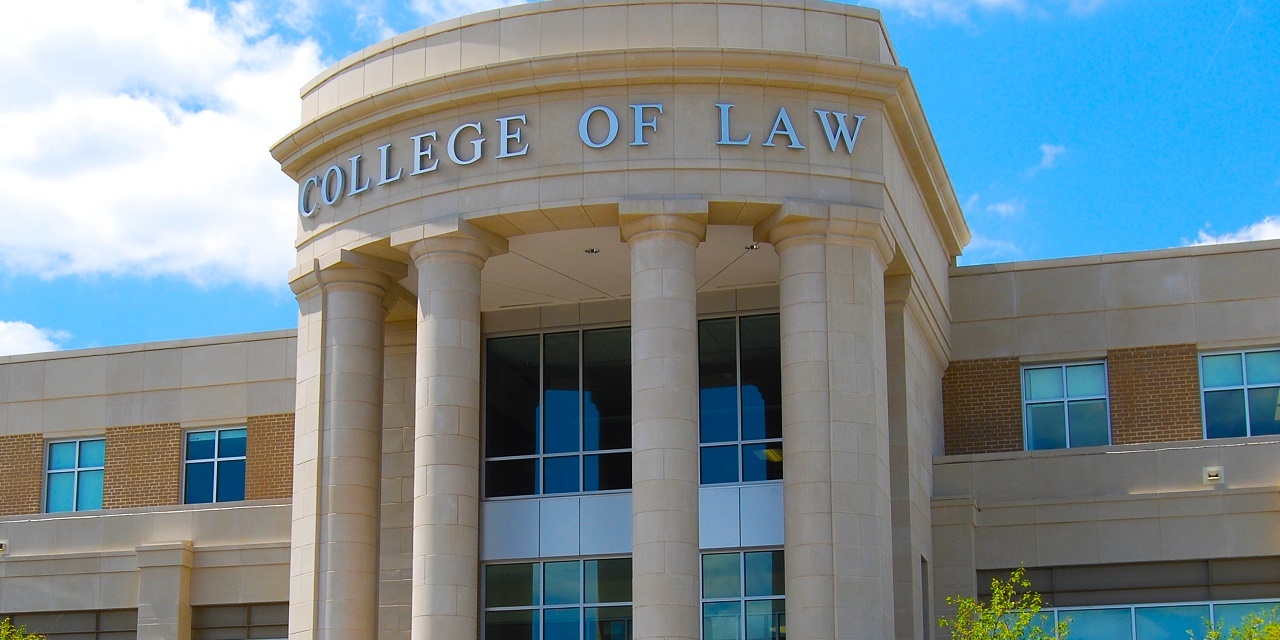MORGANTOWN – The West Virginia University College of Law recently presented the 2015-2016 Significant Scholarship Award to a professor who published research on expanding judicial discretion as a way to balance overzealous prosecutions.
Valena Beety, an associate professor, received the recognition for her work, “Judicial Dismissal in the Interest of Justice,” which was published in the Summer 2015 Missouri Law Review (Volume 80, Issue 3).
“It is very validating, especially as a junior scholar, to have my colleagues read my scholarship and feel that it makes a contribution,” Beety told The West Virginia Record. "This is a tremendous honor."

Beety, who joined the WVU law faculty in 2012, used the journal article to advocate for judges dismissing charges or convictions in the interest of justice.
“Dismissal in the interest of justice allows a court to dismiss a procedurally proper, but unjust or unjustifiable, cause of action. Thus, dismissing cases in the interest of justice can provide a check where few exist for overzealous prosecutions, race-based patrolling, and overuse of 'three strikes' laws,” the article said.
In an interview, Beety elaborated, explaining that she sees no value in prosecutions that result in what she described as, “collateral consequences.” An example would be a 19-year-old has a physical relationship with a 16-year-old and is facing sex with a minor charges. If the couple has a child and ends up getting married, the prosecution would have collateral consequences, Beety said.
The three-strike rule, which many states use to impose harsher sentences on repeat offenders, is another area where Beety would like to see judges exert more authority. Discussing the article, she acknowledged that there are legislative remedies to reign in prosecutors or curtail third-offense punishments.
All of the decision making should not rest with prosecutors. There should be someone else in the system asking who benefits from prosecution of a particular charge, Beety said.
“With judicial discretion, legislatures already have given this authority to judges," Beety said. "Judges in more than half of the states have the capacity to dismiss in the interest of justice, but it is not being used."
Beety had two purposes for the law review article: leverage her clinical work and spark conversations that might create more awareness of the role judges could be fulfilling in restoring public confidence in the judicial system.
The professor’s clinical work focuses on clemency for convicted offenders deserving a measure of mercy. She chairs of West Virginia Innocence Project, working with students to give free legal representation to those attempting to prove they should not have been convicted.
Beety said she and students in the clinic have successfully garnered clemency for three individuals. She learned of the most recent one on May 5. With assistance from the Innocent Project, a Hampshire County judge vacated the conviction of Jeremiah Mongold, who had served almost 11 years, Beety said.
Before taking the post at West Virginia University School of Law, Beety was an adjunct professor at the University of Mississippi School of Law and senior staff attorney with the Mississippi Innocence Project. She also has prosecuted domestic violence crimes for the U.S. Attorney’s Office for the District of Columbia.
